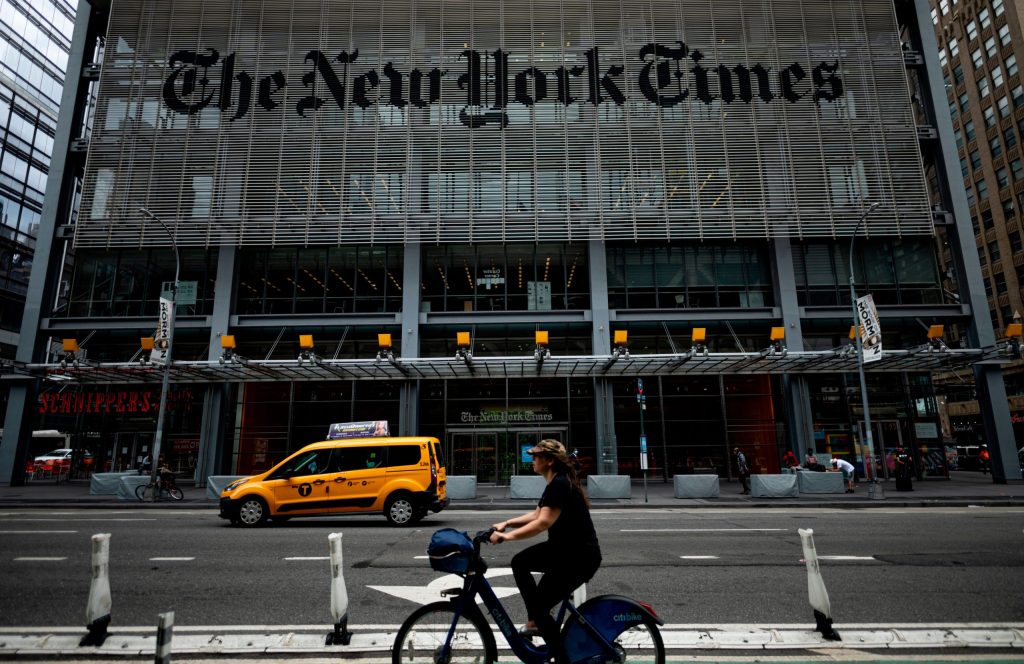In recent years Britain has become something of a Bermuda Triangle for the New York Times. Since voting for Brexit in 2016, the UK has become reimagined in the reporting of the Gray Lady’s esteemed reporters. It is a strange, desolate place, where locals huddle round bin fires on the streets of London, gnawing on legs of mutton and cavorting in swamps during the summer, ever fearful of the despot prime minister, Boris Johnson.
But has all that now changed? Cockburn was minded to call the Tower to check on London’s ravens after seeing an article published today titled: ‘Britain’s ‘One-Jab’ Strategy’ with the subheading ‘Britain’s “one-jab” strategy is working, offering lessons for the world’. The piece contrasts the vaccination methods used by different countries and how the UK has allowed up to 12 weeks between the first and second injections, based on the principle articulated by Kate Bingham that it is ‘better to protect everybody a bit rather than to vaccinate fewer people to give them an extra 10 percent protection.’
The New York Times notes approvingly that ‘Britain’s approach not only brings immediate benefits, in terms of lives saved; it also reduces the chances of future outbreaks: The fewer people who have COVID, the fewer who can infect somebody else… For countries where vaccine programs have only just begun, as in much of South America, Africa and Asia, the British approach may be worth mimicking.’ It also defends the much-maligned AstraZeneca shot, noting that after 11 million vaccines there is no sign of an increase in blood clots in Britain.
Cockburn congratulates the NYT on its Damascene conversion and hopes this is the start of a fair minded new journalistic era – despite Brexit.
This article was originally published on The Spectator’s UK website.

























